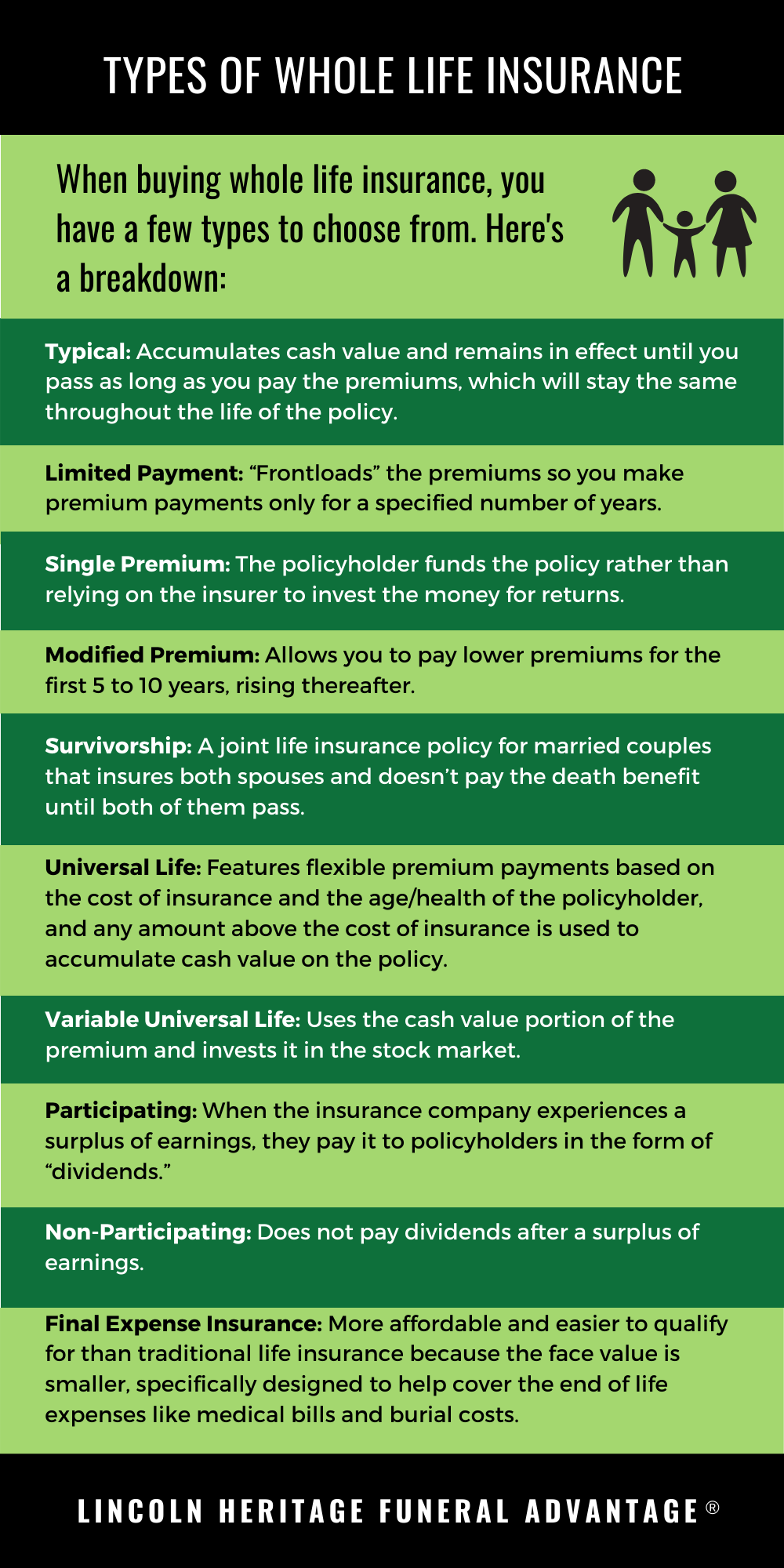When I Get in a Car Accident: What to Do
Being in a car accident can be a frightening and stressful experience. It’s important to stay calm and collected in order to make the best decisions for yourself and others involved in the accident. Here are some steps to follow when you’re in a car accident:
Stay Calm
In the aftermath of a car accident, it’s natural to feel shaken up. Adrenaline is pumping, and you may be in pain or disoriented. However, it’s crucial to stay calm and collected in order to make the best decisions for yourself and others involved. Take a few deep breaths and try to assess the situation as objectively as possible. This will help you avoid making rash decisions or exacerbating the situation.
If you’re able, pull over to the side of the road and turn on your hazard lights. This will alert other drivers to your presence and help prevent further accidents. Once you’re safely out of traffic, you can check for injuries and begin to gather information from the other driver(s) involved in the accident.
If you or anyone else is injured, call 911 immediately. Even if the injuries seem minor, it’s important to get checked out by a medical professional to rule out any hidden problems. While you’re waiting for help to arrive, try to stay calm and provide as much information as possible to the 911 operator.
When I Get in a Car Accident, What Do I Do?
At some point in our lives, most of us will find ourselves in a car accident. It can be a scary and confusing experience, but it’s important to know what to do in order to protect yourself and your rights. Here are some things you should do if you’re ever in a car accident:
Exchange Information
First and foremost, you should exchange information with the other driver(s) involved in the accident. This includes your name, address, phone number, insurance information, and license plate number. You should also get the names and contact information of any witnesses. If there are any injuries, be sure to get the names and contact information of the injured parties as well.
Gather Evidence
Once you’ve exchanged information, you should gather as much evidence as possible. This includes taking pictures of the accident scene, getting a copy of the police report, and keeping track of any medical expenses or lost wages. You should also keep a journal of everything that happened, including the date, time, and location of the accident, as well as the names and contact information of anyone involved.
Report the Accident to Your Insurance Company
You should report the accident to your insurance company as soon as possible. They will be able to help you file a claim and get your car repaired or replaced. You should also cooperate with the insurance company’s investigation.
Get Legal Help
If you’ve been injured in a car accident, you should get legal help. A lawyer can help you protect your rights and get you the compensation you deserve.
Other Tips
In addition to the above, here are some other tips that you should keep in mind if you’re ever in a car accident:
- Stay calm and don’t panic.
- If you’re injured, seek medical attention immediately.
- Don’t admit fault to the other driver or the police.
- Cooperate with the police investigation.
- Keep a record of everything that happens, including the date, time, and location of the accident, as well as the names and contact information of anyone involved.
- Get legal help if you’ve been injured.
When I Get in a Car Accident: What to Do?
If you’re ever unfortunate enough to find yourself in a car accident, it’s crucial to stay calm and collected. In the immediate aftermath, there are a few key steps you need to take to ensure your safety and protect your rights.
Document the Scene
One of the most important things you can do after a car accident is to document the scene. Take photos of the damage to both vehicles, any injuries you or your passengers may have sustained, and the surrounding area. These photos will provide valuable evidence if you need to file an insurance claim or pursue legal action.
In addition to taking photos, you should also write down as much information as you can about the accident. This includes the time and location of the accident, the names and contact information of all drivers and passengers involved, and the insurance information for all vehicles. If there were any witnesses to the accident, be sure to get their contact information as well.
If you’re able to, create a sketch of the accident scene to include in your documentation. Also, jot down any other details that you think might be relevant, even if they seem insignificant at the time. The more information you have, the better.
It’s also a good idea to take photos of your injuries and any damage to your vehicle as soon as possible after the accident. These photos will help you document the extent of your injuries and the damage to your property.
In addition to taking photos, you should also write down a detailed account of the accident, including the date, time, and location of the accident, the names and contact information of all drivers and passengers involved, and the insurance information for all vehicles. You should also include a description of the accident, including how it happened and what injuries were sustained. If there were any witnesses to the accident, you should include their contact information as well.
Finally, if you are able to, obtain a copy of the police report for the accident. This report will provide you with an official record of the accident, which can be helpful if you need to file an insurance claim or pursue legal action.
When I Get in a Car Accident: What to Do
Being involved in a car accident can be a frightening and stressful experience. In the aftermath of a collision, it’s crucial to remain calm and take the necessary steps to ensure your safety and well-being. Here’s a comprehensive guide on what to do when you find yourself in a car accident:
Call the Police
If you or anyone else involved in the accident has sustained serious injuries or there is significant damage to the vehicles, it’s imperative to call the police immediately. The police will create an accident report, which will serve as an official record of the incident and help determine fault.
Exchange Information
Once you’ve called the police, exchange the following information with the other driver(s) involved:
- Name, address, and phone number
- Driver’s license number
- Insurance policy number
li>License plate number
If there are any witnesses to the accident, be sure to get their contact information as well.
Document the Scene
Take photos or videos of the accident scene, including the damage to the vehicles, any injuries sustained, and the surrounding area. These images will provide valuable evidence for your insurance company and any legal proceedings that may follow.
Seek Medical Attention
Even if you don’t feel injured immediately, it’s important to seek medical attention as soon as possible. Some injuries, such as whiplash, may not manifest themselves until later. A medical examination will help ensure that you receive the necessary treatment and documentation of your injuries.
Notify Your Insurance Company
Report the accident to your insurance company as soon as possible. They will guide you through the claims process and help you file a claim. Providing them with the details of the accident, including the police report and any documentation you have, will help them determine coverage and benefits.
Hire an Attorney (Optional)
In some cases, it may be beneficial to hire an attorney to help you understand your rights and options. An attorney can represent your interests, negotiate with the insurance companies, and help you seek compensation for your injuries and damages.
Remember, the aftermath of a car accident can be overwhelming, but staying calm and following these steps will help you navigate the situation effectively. By prioritizing your safety, exchanging information, documenting the scene, seeking medical attention, notifying your insurance policy, and considering legal assistance when necessary, you can ensure that your rights are protected and that you receive the support you need.
When I Get in a Car Accident: What to Do
As the aftermath of a car accident, the adrenaline rush might leave you feeling shaken and overwhelmed. In such moments, it’s crucial to stay calm and collected to ensure your safety and well-being. Here’s a comprehensive guide to navigate the aftermath of a car crash:
Stay Calm
It’s easier said than done, but maintaining composure is paramount after an accident. Panicking can impair your judgment and decision-making abilities. Take a deep breath, collect your thoughts, and assess the situation.
Check for Injuries
Prioritize checking yourself and others in the vehicle for any injuries. Even if you don’t feel pain immediately, it’s possible to have sustained hidden injuries that may worsen over time. If anyone is seriously injured, call emergency services immediately.
Secure the Scene
If possible, move your vehicle to a safe location to avoid further collisions. Turn on your hazard lights and place reflective triangles or flares behind your car to alert oncoming traffic. This ensures the safety of everyone involved.
Exchange Information
Once the scene is secured, gather information from the other driver(s) involved. This includes exchanging insurance details, license plate numbers, driver’s license numbers, and contact information. It’s crucial for insurance claims and potential legal proceedings.
Call the Police
In most cases, it’s advisable to file a police report, especially if there are injuries, significant property damage, or disputes about fault. A police report serves as an official record of the accident and can be used as evidence if needed.
Document the Scene
Take pictures of the accident scene, including vehicle damage, skid marks, and any other relevant details. Note down the weather conditions, road conditions, and any witnesses who may have observed the incident. This documentation can support your insurance claim and legal case.
Seek Medical Attention
Even if you’re feeling fine, it’s essential to seek medical attention after a car accident. Some injuries, such as whiplash, may not manifest immediately. A medical evaluation can ensure that you receive proper treatment and documentation of any injuries sustained.
Contact Your Insurance Company
Promptly notify your insurance company about the accident. Provide them with the details of the incident and any documentation you have gathered. Your insurance company will guide you through the claims process and provide assistance as needed.
Hire a Lawyer (Optional)
If you have sustained significant injuries or there’s a dispute about fault, consider consulting with an attorney. An experienced lawyer can help you navigate the legal process, protect your rights, and ensure you receive fair compensation for your injuries and damages.
Remember, the primary focus after a car accident is to ensure the safety and well-being of yourself and others involved. Follow these steps calmly and diligently to protect your rights and recover from the incident promptly.
When I Get in a Car Accident, What to Do?
Getting into a car accident can be a frightening and stressful experience. It’s essential to stay calm and know what to do to protect yourself and your rights. Follow these steps to ensure your safety and well-being in the aftermath of a car accident:
Contact Your Insurance Company
Report the accident to your insurance company as soon as possible. Provide them with all the details of the accident, including the time, date, location, and the names and contact information of the other drivers involved. Your insurance company will guide you through the claims process and help you get the compensation you deserve.
Document the Scene
Take pictures of the damage to your vehicle, the other vehicles involved, and the accident scene. Note any injuries you or your passengers have sustained. Getting witness statements from anyone who saw the accident can also be helpful. This documentation will serve as evidence when filing an insurance claim or legal action.
Seek Medical Attention
Even if you don’t feel injured, it’s crucial to seek medical attention. Some injuries may not be immediately apparent, and getting checked by a doctor will ensure you receive the proper treatment and documentation for any injuries.
Exchange Information
Exchange information with the other drivers involved in the accident. This includes your name, address, phone number, insurance company, and policy number. It’s also a good idea to get the names and contact information of any witnesses.
File a Police Report
Filing a police report is essential, especially if there are injuries or significant damage. The police report will provide an official record of the accident and can be helpful when filing an insurance claim or pursuing legal action.
Hire a Lawyer (If Necessary)
In some cases, hiring a lawyer may be necessary, especially if the accident was serious or there is a dispute over fault. A lawyer can help you navigate the legal process, protect your rights, and negotiate a fair settlement.
Don’t Admit Fault
It’s important not to admit fault to the other driver or the police. Even if you believe you may have been partially responsible, it’s best to wait until you have had a chance to speak with your insurance company and legal counsel.
Follow Up Regularly
Follow up with your insurance company and lawyer regularly to stay updated on the progress of your claim. Don’t hesitate to ask questions or provide additional information if needed.
By following these steps, you can ensure your safety, protect your rights, and navigate the aftermath of a car accident with confidence. Remember, staying calm, documenting the scene, and seeking medical attention are crucial for a successful outcome.
After a Car Accident: A Step-by-Step Guide to Protect Yourself
After a car accident, your mind is racing. But don’t let panic cloud your judgment. Follow these steps to protect your rights and ensure your well-being:
Stay Calm and Assess the Situation
First and foremost, take a deep breath and assess the situation. If anyone is injured, call 911 immediately. Then, check your own injuries, even if you don’t feel any pain yet. Adrenaline can mask injuries, so it’s crucial to seek medical attention promptly.
Gather Information
Exchange information with the other driver(s) involved in the accident. This includes names, contact details, insurance information, and license plate numbers. If there are any witnesses, gather their information as well. Take pictures of the accident scene, including damage to vehicles and injuries.
Don’t Admit Fault
Regardless of who you believe is at fault for the accident, never admit fault to the police, the other driver, or anyone else. This could jeopardize your legal rights. If the other driver is becoming aggressive, remain calm and disengage. You can discuss fault later with your lawyer.
Report the Accident
In most states, you are legally required to report the accident to the police. This is important for insurance purposes and for creating an official record of the incident.
Seek Medical Attention
Even if you don’t feel injured, it’s crucial to seek medical attention as soon as possible. Some injuries, such as concussions or internal bleeding, may not show symptoms immediately. A doctor can assess your injuries and recommend appropriate treatment.
Protect Your Rights
Don’t admit fault or sign anything without consulting a lawyer. Insurance companies are notorious for downplaying injuries and offering lowball settlements. A lawyer can advocate for your best interests and help you recover the compensation you deserve.
What to Avoid
There are certain things you should avoid doing after a car accident, such as:
- Leaving the scene of the accident.
- Admitting fault.
- Signing any documents or releasing any information without consulting a lawyer.
- Posting about the accident on social media.
- Talking to the other driver’s insurance company without your own lawyer present.
When I Get in a Car Accident, What Should I Do?
The aftermath of a car accident can be chaotic and stressful, but it’s crucial to stay calm and take the right steps to protect yourself and your interests. Here’s a comprehensive guide on what to do when you get in a car accident:
At the Scene
1. **Stay calm and assess the situation.** If you’re injured, seek medical attention immediately. Otherwise, check on the well-being of your passengers and anyone else involved in the accident.
2. **Call the police.** Reporting the accident to the authorities will ensure an official record and may help with insurance claims.
3. **Exchange information.** Gather the names, contact information, insurance details, and license plate numbers of all parties involved.
Document the Incident
4. **Take pictures and videos.** Capture images of the damage to all vehicles, the accident scene, and any visible injuries.
5. **Get witness statements.** If there were any witnesses to the accident, ask for their contact information and statements about what they saw.
Seek Medical Attention
6. **Get checked out, even if you feel fine.** Some injuries, like whiplash, may not be immediately apparent. It’s always better to be safe than sorry.
7. **Keep a record of your medical expenses.** Document all doctor’s visits, treatments, and related expenses for insurance purposes.
File an Insurance Claim
8. **Report the accident to your insurance company promptly.** They will guide you through the claims process and handle negotiations with other parties’ insurance companies.
9. **Cooperate with the insurance companies’ investigations.** Provide them with all necessary documentation and information to facilitate the claims process.
10. **Don’t sign any paperwork without consulting your lawyer.** Insurance companies may try to get you to sign a settlement that doesn’t fully compensate you for your losses.
Follow Up
11. **Keep track of your medical expenses and communication with insurance companies.** Maintaining a record of all expenses and correspondence will help you keep on top of your case.
12. **Consider hiring a lawyer if necessary.** If you’re facing significant injuries or insurance disputes, seeking legal assistance may be in your best interest.




Leave a Reply